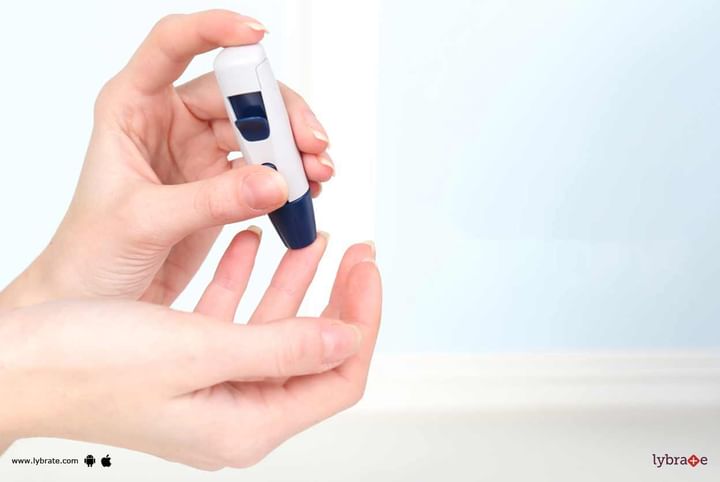Ways To Monitor Blood Sugar And Followup Care!
Diabetes is caused in your body due to an insulin imbalance or improper functioning of insulin, and it can affect multiple parts of your body within a short time. Therefore, regular check-ups of your body are very essential to know if you have diabetes.
Once you find out that you have tested positive for the disease, you need to become even more thorough in your testing to find out if your blood sugar levels are rapidly fluctuating. If they get out of hand, they may cause medical emergencies that may be impossible for you to tackle alone at home.
Hence, daily monitoring of blood sugar is of great importance, and can be done in the following ways-
• Monitoring with a meter - In this rather simple but effective way, you have to draw blood from a small puncture on your skin made with the help of a needle or small pricking device. The blood is placed on a strip and then introduced on a testing meter, which displays accurately your blood sugar levels.
• Meters that monitor blood from several body parts - There are meters that monitor glucose levels in blood from several parts of the body. These parts include the base of the thumb, and the forearm too. This method of diagnosis is particularly helpful for those whose blood sugar levels constantly fluctuate, as this device provides an average of blood sugar levels from different parts of the body, as a composite whole.
• Continuous glucose monitoring systems - Known as interstitial glucose measuring devices popularly, they give results not as accurate as the other two devices, but still a fairly accurate estimate.
How to keep your sugar levels in constant control?
If your blood sugar levels are too high or too low, you have to bring them to normal via treatment, and if they are at a harmless level, you have to maintain it at that mark. There are several ways to maintain your sugar levels at acceptable rates. They are-
• Daily regulated exercise - Daily exercise dramatically helps your health if you have diabetes because it increases your insulin sensitivity and promotes better utilization of it in your body. Exercise is also helpful to guard you against other illnesses related to high bad cholesterol, or a weak immune system.
• A balanced, healthy diet - A balanced diet helps you keep your sugar levels in check while providing you with the requisite nutrients for making your body even healthier. Make sure to include an abundance of fresh fruits and green leafy vegetables in your diet, and cut down intake of fast, processed and extremely sugary foods/beverages.
• Drinking plenty of water - Drinking adequate water hydrates your body, and contributes to a healthy diet. It also reduces your risk of diabetes and guards you against diseases like gallbladder stones which are caused due to a lack of water in your body.
• Stay mentally sound and stress-free - Controlling your stress and anxiety levels can work wonders for your diabetes. If you make it a goal to stay stress-free about factors that are beyond your control, and be optimistic about life in general, it could work wonders for control of your diabetes.
Diabetes is a potentially life-threatening disease with a host of secondary complications. To avoid the worst of it, make sure you go for regular medical checks. If you do happen to be diagnosed with it, perform regular tests to check your levels, and take adequate measures to keep it under firm control.



+1.svg)
